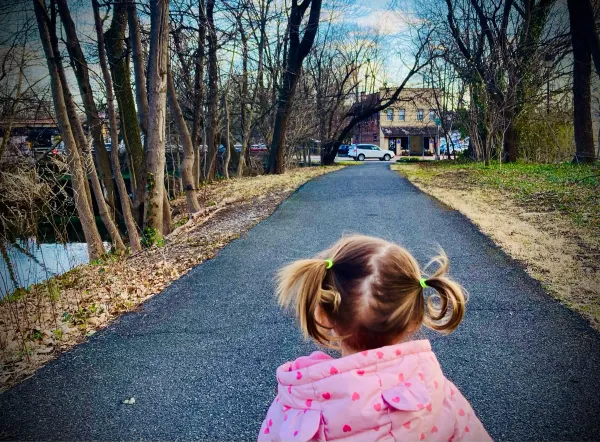Shame is a tricky emotion. It can be a helpful one to alert a person that they have done the wrong thing to others, and need to fix their behaviour. But if the intensity of shame is too much, then a person’s perceived inadequacies might become overwhelming, to the point that they think that they are not acceptable to others.
Because of this, many parents find it hard to get criticism right with children. How much disapproval do you give your child when they have done the wrong thing? And how do you make sure you don’t go too far to the point where your child starts having excessive shame about a minor mistake, and believe that they’re a somewhat flawed person?
Let’s look at an example to help parents get the balance right. Imagine it’s a morning just before school. A parent gives an instruction to their 10-year-old, Alex, to put some water into the dog bowl, which is running a little low on such a hot day. But when the parent gets home after dropping their child off at school, they find that the child has not done the chore.
It’s clearly a teachable moment. Alex has not done what they should have done, and this could have been a huge impact on a loved family pet, if not corrected in time. The parent has to say something, but it is important to adopt the right approach.
First of it, remember that the child has made a mistake. This does not necessarily mean that they are a terrible person. Thus parents should resist any shame-inducing commentary of making statements about their child’s character being insufficient. Speeches about Alex being thoughtless, lazy, selfish, or a dreadful person, would suggest that they are deficient.
It would also be shame-inducing if the parent made emotionally manipulative statements to the child to induce shame in them. “I’m at my wit’s end with you!” and “I don’t know what I have done to deserve such a careless child” would not be helpful.
Instead, make your child aware of their mistake when they get home. Let them know what happened in an unemotional manner, “When I got home today, the dog’s bowl was still very low.”
Wait for your child to pick up their mistake. If they don’t, then tell them that you had instructed them to fill it up that morning. Then, again, wait for your child’s reaction, which should be one that acknowledges that they have done the wrong thing.
If they don’t react that way, ask them what could have happened. “I told you to fill it up. What do you think would have happened if I didn’t come home immediately and saw it empty?”
You are looking for them to identify the potential consequence and acknowledge their error. This will have more impact than you saying all of this to them. You might ask them to imagine how the dog ‘s health would have been, if they hadn’t been able to drink water all day.
Don’t let your child become defensive here and justify why they didn’t do it. They need to acknowledge the mistake to be able to learn the lesson.
You don’t want your child to dwell on this mistake for days; they need to move on. To assist this, give them a consequence, ideally a logical one that helps the dog. Parents can ask the child for ideas to make amends. It might be taking the dog for a walk, playing with them, or cleaning up the back yard of their droppings.
Takeaway for parents
Great statements to make shame brief enough to have an impact, and not lengthy enough to cause distress.
· “You made a mistake and it’s human to make a mistake — we all do.”
· “But it’s also important to make amends and make sure that you don’t make the same mistake again.”
· Never make your love for your child conditional on what they do.
· You can disapprove of their behaviour, but you should not suggest that inappropriate conduct makes them less loveable.
· Remember the lesson you child is learning is that they made a mistake, not that they are a terrible person.
This article was originally published at Medium. Republished with permission from the author.











Member discussion